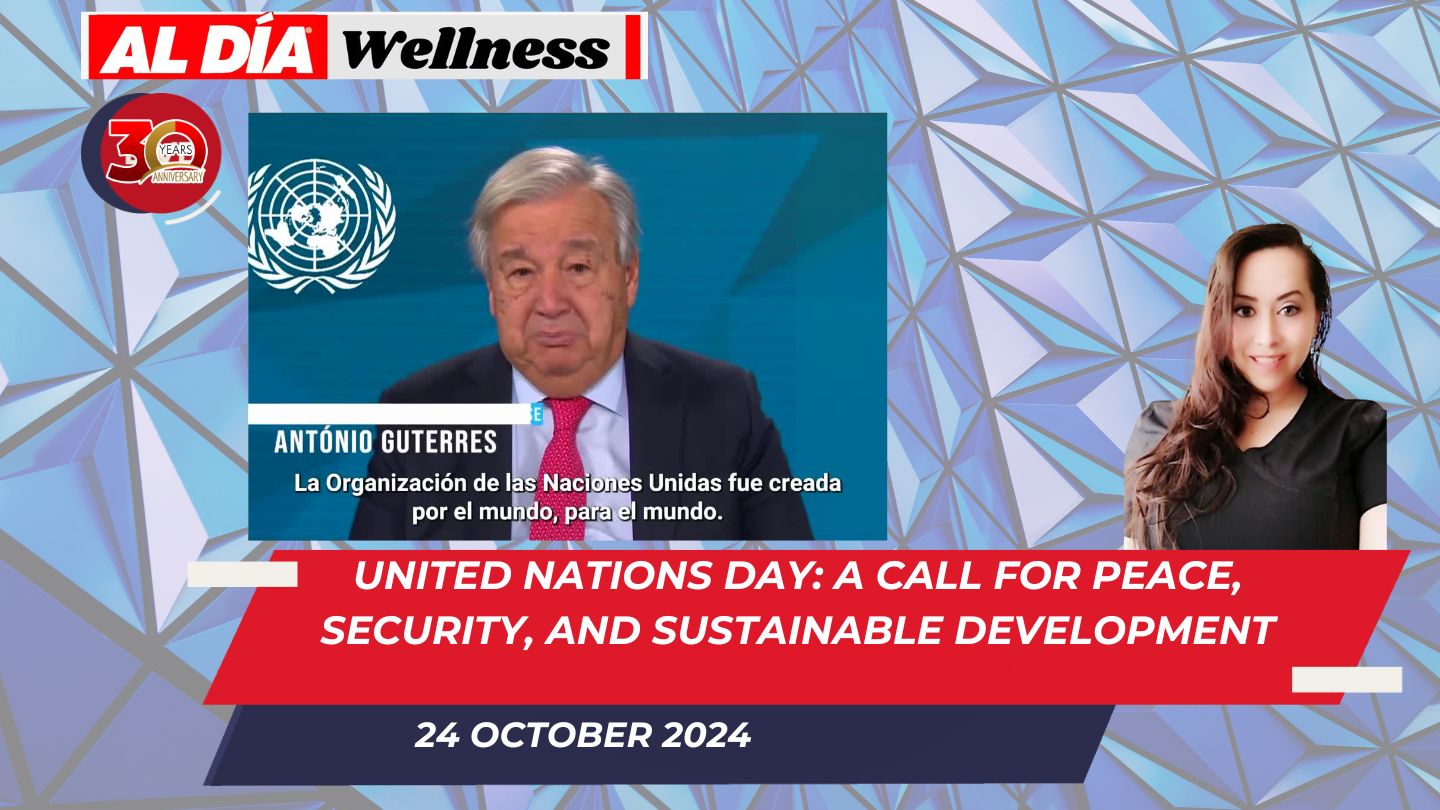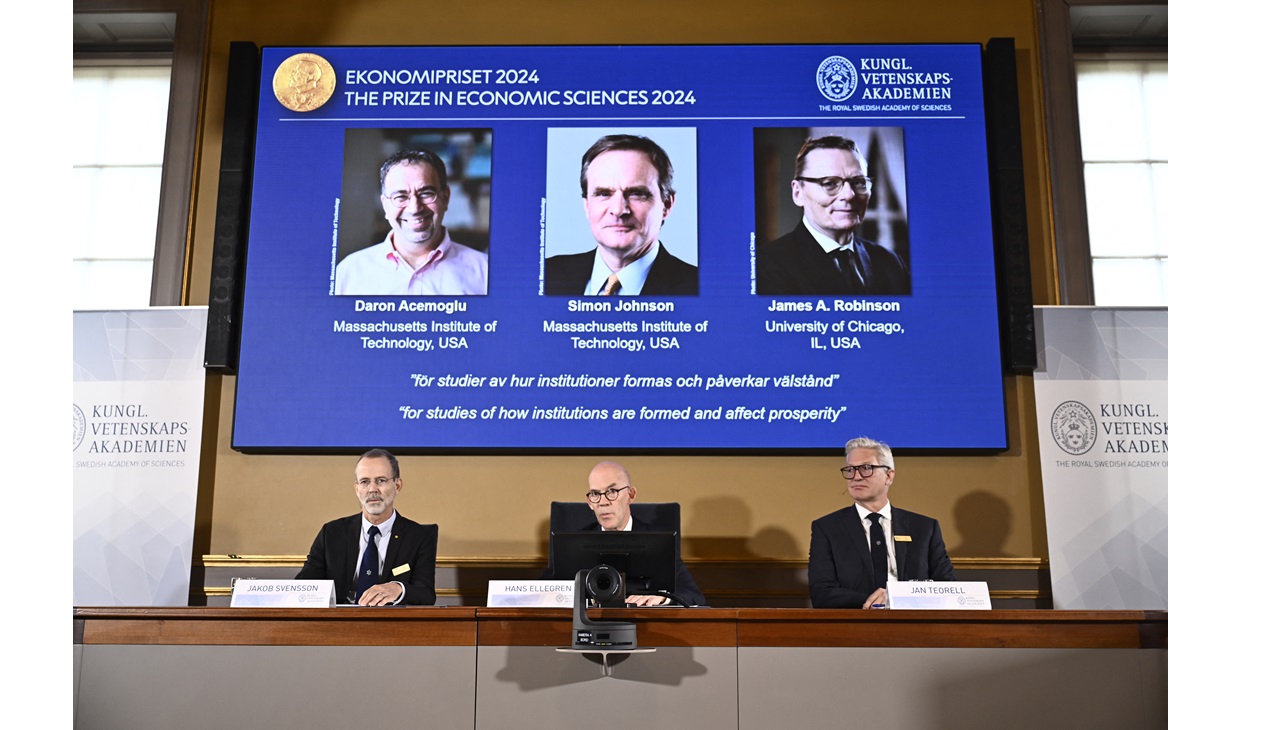
Silvina Moschini: Teleworking, the gender gap and the struggle for human rights Part 2
Second part of the interview with Silvina Moschini, the CEO who is using the fourth industrial revolution to close the gender gap and promote transparency in…
This is the second part of the interview with Silvina Moschini, the CEO of Transparent Business, SheWorks! and Yandiki. In this part of the interview we talk about their projects in several Latin American countries (both focused on women and citizens in general) and how Transparent Business' technology can also be applied to the fight against corruption in the public sector.
Data Transparency has many elements, one of which is transparency in compensation: making public the data on how much is paid for each position. Data transparency also has to do with transparent access to data that allows for validation or auditing of the work distributed and that is what we do at Transparent Business.
But what it has to do, for example, with data transparency for compensation, what we do is take indicators from each market in order to have the averages of how much each position is worth in each market, not make people compete for jobs, because that what it does is lower people's compensation. And it lowers the quality of the work, because it becomes a flea market: the cheapest project always ends up winning, and not necessarily the best. So good people don't have a chance and devalue the hierarchy a lot.
We try to prioritize work by saying: "no matter where this person is, we will find you the best person for the job". A few days ago a note appeared in El País, in Spain, saying that it was like the Tinder to get a job, because my inspiration was the Dating Sites. It's a numbers game, at the end of the day, it's the database and use algorithms, and you can find many more possibilities to have a "fit". I think that's important.
How did the idea occur? After the economy collapsed here in the United States, I went to live in Europe. I had a pretty big internet visibility company at the time: we did online visibility, partner relations, multimedia, software... and I had about 350 developers, designers, content experts all over the place, in offices. And the crisis makes you rethink how you have to do things to make them more efficient, that's why from the less thought out places comes innovation, because if you are calm nothing forces you to think.
And in that what we saw was that we needed to make the management of our internal team more efficient and that's why we developed a software to bring transparency to the management of distributed teams and to be able to hire people with more flexible models, specialists, instead of having generalists who do a little bit of everything, and it gave us the opportunity to hire better resources, to grow more efficiently and to have much happier customers because they could see what we were doing and they could see that we were not overbilling.
And we said "Wow! This, if it serves us, will serve many other people who are in the same opportunity" and we were doing business, different evolutions, correcting, fixing behind, relaunching the platform. We started marketing a year and a half ago a little bit more aggressively, because we saw that the market was ready to adopt this massively. It used to be super weird, now it's normal.

In the United States we have begun a legislative offensive by educating legislators about the importance of raising the standard of governance and transparency, showing them how technology today could dramatically transform state finances by eliminating overbilling fraud. And that initiative, called avoidoverbilling.com was so well received that it is now a bill, was introduced in 33 states plus Puerto Rico.
We have passed it unanimously, almost without money, going and explaining to them that today, due to lack of control, because anything goes, the state is using people's money to overpay suppliers.
A concrete case that we show them as an example is the SAIC Overbilling. We told them: because of the lack of control over the services provided to the government, in this case of professional services, a single company overcharged the New York City government $500 million. One project, one company, half a billion.
We introduced this bill saying "The only thing we ask the government is to raise the standard of transparency requirement and that, if a provider sends you an invoice for services, that they can be audited: that they can show that they are working effectively and not playing solitaire or watching videos on Youtube with your tax payer's money".
And we passed the entire House of Representatives in New Jersey unanimously, 75 votes to 0, two of the most important committees in the Senate, and we're waiting for the vote so it can become law.
If it passes, it's going to eliminate a huge amount of corruption. Corruption always finds a place, but we're cutting it off.
In Colombia I met with Marta Lucia Ramirez and she talked to me about two projects: One, Colombia efficient purchases: what this project does is to bring data so that it can be checked that the service providers, who are going to be giving services to the State, are indeed qualified to do so. That you don't have a company that is a bakery and wants to build a bridge. And the other, which I see in my work team with the comptroller, is the Ocean Project, which also has that same objective: to bring transparency to public accounts.
What we are looking for is to say: "Well, the concept of ensuring that the supplier I choose is appropriate, is very important. But the purchasing process does not end with choosing the supplier. You have to make sure that they deliver what they say they are going to deliver." And that's where we provide the technology, which costs the government absolutely nothing, to raise the standard of purchasing transparency.
So our technology has two major uses of social and economic impact in our countries: raising the standard of governance, to bring transparency and avoid corruption (in this I work a lot, I am part of the agenda of the World Economic Forum), raising the expectations of governments when they contract.
And, on the other hand, the way you help to create flexible and distributed employment to avoid the social friction that is caused by poverty, unemployment and unequal distribution of opportunities.
Our vision is to create digital employment offices where we can add the digital education leg; our goal is to make this part free so that it is not a limitation. Because, if not, those who already have, will have more. And we are working with different programs. In Ecuador we want to start with a program for young people and almost children, because Latin America has the youngest population pyramid in the world and, unfortunately, young people are the ones who today are considered "nor-nor": neither study nor work. But they are not necessarily to blame: there are no opportunities. The opportunities are in the new technologies, where they are not limited to what the country can produce.
So the first thing is that we look for financing: in the case of Guatemala the IDB helps us, we are looking for companies, co-financing a small part ourselves, but we look for partners so that we can give this to the children for free. And then, when they start working, they will come back so that we can add more people, and that is important because we are a social impact startup, not a foundation: you have to look for a business model to be able to make it sustainable, ideally scalable and profitable.
Once you manage to train, for example, in the case of Guatemala our goal in the pilot is 5,000 women, once these women are employed, part of what they are going to earn will be to be able to create the next cohort of girls and pay it forward. Let them all have a responsibility to give back, because if you don't, you create a paternalistic model, that works well for you to be voted, but not to push countries forward. Like this you redistribute wealth better.

RELATED CONTENT
Yes, I'm an Endeavor entrepreneur. When you're a social entrepreneur you don't just think about making money. Making money is great, you don't have to worry about practical problems, but it's not the end. I don't feel that way. I think money eventually comes as a consequence of doing things that make the world and people's lives better. And in our case we are also very concerned about the planet, which is not a minor issue.
Transforming labor markets, making it possible for people to work from anywhere, also impacts pollution and traffic. I think that is super important: it is the view that we have as entrepreneurs who define ourselves as social entrepreneurs. I would be paid much more money if I went to work for Airbnb or Amazon, than I am paid as an entrepreneur here: I don't do it for the money. You do it because you think you have a chance, a big shot, to improve the history, to improve people's lives.
And in that, philosophically, I come from Endeavor. The first company Endeavor supported was patagon.com, so when Endeavor first started I saw how they helped this company and the DNA of the Endeavor entrepreneurs is in giving back. That's why I mentor a lot of projects. I really like working with women. I'm part of Google launch for women, 500 Startups, Google Lauchpad, which is unisex, whatever organizations you can think of: WeXChange, the Inter-American Development Bank, Wayra... I spend a lot of time on this with much, much love, and with enormous satisfaction.

I am very excited because now we have Telefonica as an investor and they are going to help us a lot to scale up globally because the biggest challenge you have as an entrepreneur is to sell a disruptive solution of an unknown brand: they don't believe you anywhere. They don't believe that it will happen, or that you can do it. That's where the value of the brand comes from, and having an ally like Telefónica gives you a lot of credibility. It's a great company that helps you put a face and say: we sell you this solution so that you can implement e-work programs, or so that you can monitor your contractors or hire orange economy people or women, to cut the gender gap. They accelerate us globally: we will capitalize on their strength to reach global markets where they already are. We're very excited about that.
I'm looking forward to running SheWorks! Academy, and God willing, to be able to get funding to take it to many countries that have asked us, that are overwhelming me and I have to say "Be patient", because I can't.
If I wanted to take it on a global scale, the only reason I could do it is with access to capital that would allow us to say "Let's open it up" and have unlimited resources because this is not just throwing online training at them, that doesn't work.
You have to have the training, which has a synchronic part, and it's live classes (like a masterclass) through the phone or the computer, recorded classes, support content, a community behind it, so it can support you and a coach: each student is going to have a coach who is going to say: "Let's see, Ana, you finished here, what's wrong with you that you didn't turn in your homework, how can I help you, what do you need" both technical and operational. And for that we need to build up this network of mentors and coaches, the technology, the content, integrate third party content that is so good that you don't need to reinvent the wheel, go out and look for alliances to be able to have the pipeline of students... we are seeing this with Ecuador, with Costa Rica, with Panama, with the Dominican Republic, in Colombia I would love to do this, I think there are thousands of opportunities for women. In Colombia in particular: it is one of the countries with the highest level of education in Latin America.
They are looking at Colombia today, I don't know if internally they have visibility of that, but it is really super interesting. Today it is the hub of most of the creative networks in the world: JWT, TEB, DDB. And it's not a coincidence: there are good people and the cost of living is much more effective, so you have the possibility of having a brilliant person for a fraction of what it would cost to find that same brilliant person in New York.
It' s a non-brainer. It's connecting two dots, which is what we're looking to do.
The Hispanic community has a lot of value to give, it has a very big opportunity to get ahead, to change the narrative and stop talking about "bad hombres". We have to show what Latinos are contributing to the economy also from an intellectual perspective: not only the work they can do in solving the crops.
I think it's very important to focus on working the Northern triangle, because the biggest challenge the United States has is finding solutions to illegal immigration: the way to find solutions is not by building a bigger wall, it's by giving them help so they can work without having to move. Nobody likes to have to move: people move because many times they have no alternative.
As far as the countries of the Northern Triangle are concerned, how can you help them? By creating work, you not only impact the issue of illegal migration, but also the issue of security: one of the biggest problems that Central America has, the maras. If you change the way you work and make it possible for mothers to have access to work without having to leave home, you are going to have a much better chance of being around and educating your children and preventing them from ending up selling out to the maras.
It's a huge impact that I'm very excited about: from pollution, to security, to economic development, to create a digital meritocratic system where you are not determined by where you were born, the opportunities you are going to have. The people who live in the United States are not necessarily brighter than the people who live in our countries.











LEAVE A COMMENT:
Join the discussion! Leave a comment.